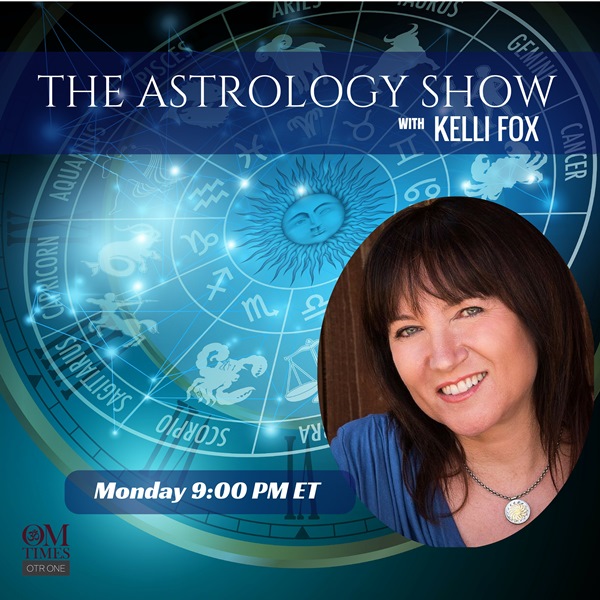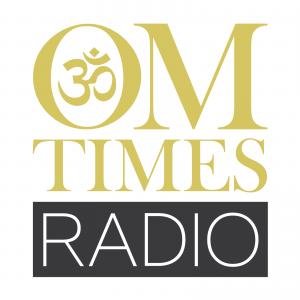
Aired Monday, 9 April 2018, 9:00 PM ET
Learn About the Moon Phases, Chiron and the Asteroids
There is a lot more to astrology than just Sun signs and daily horoscopes. Not only do astrologers use the planets and their connections to interpret an individual’s chart or to look at the heavens to forecast but there so many more heavenly bodies that are used.
The Moon phases are a vital part of astrology. The Moon is that bright, luminous orb we see in the night sky, counterpart to the fiery Sun in daytime. In astrology, the lunar light rules the unconscious realms of our minds, the stuff dreams are made of. Our instinctual reactions can be affected by the Moon’s phases over the course of a month, or to be more specific, 29.5 Earth days, as the Moon grows from a small crescent to a large glowing globe and then decreases in size back to nothing.
The Moon, of course, doesn’t really shrink or grow, but our view of the Moon from our vantage point here on earth changes due to the relative positions of the Sun, Earth and Moon. This is why we see lunar phases. There are eight noticeable phases of the Moon: The New Moon, the Crescent Moon, the First Quarter Moon, the Gibbous Moon, the Full Moon, the Disseminating Moon, the Third Quarter Moon and the Balsamic Moon.
The Asteroids are another overlooked yet important component to astrology. Asteroids are small and rocky, and do not qualify as planets. However, the larger ones have distinct qualities associated with them, astrologically speaking. Astrologers use the four largest asteroids — Ceres (pronounced SEER-eez), Juno, Vesta and Pallas Athena — as feminine archetypes. In addition, many astrologers add Chiron (pronounced KY-ron) to the mix.
Tune in on Monday 6pm PT/9pm ET to find out more…
More Episodes
 2024-03-28
2024-03-28
 2024-03-28
2024-03-28
 2024-03-28
2024-03-28
 2024-03-27
2024-03-27
 2024-03-27
2024-03-27
 2024-03-27
2024-03-27
 2024-03-26
2024-03-26
 2024-03-25
2024-03-25
 2024-03-22
2024-03-22
 2024-03-22
2024-03-22
 2024-03-22
2024-03-22
Create your
podcast in
minutes
- Full-featured podcast site
- Unlimited storage and bandwidth
- Comprehensive podcast stats
- Distribute to Apple Podcasts, Spotify, and more
- Make money with your podcast
It is Free
- Privacy Policy
- Cookie Policy
- Terms of Use
- Consent Preferences
- Copyright © 2015-2024 Podbean.com






